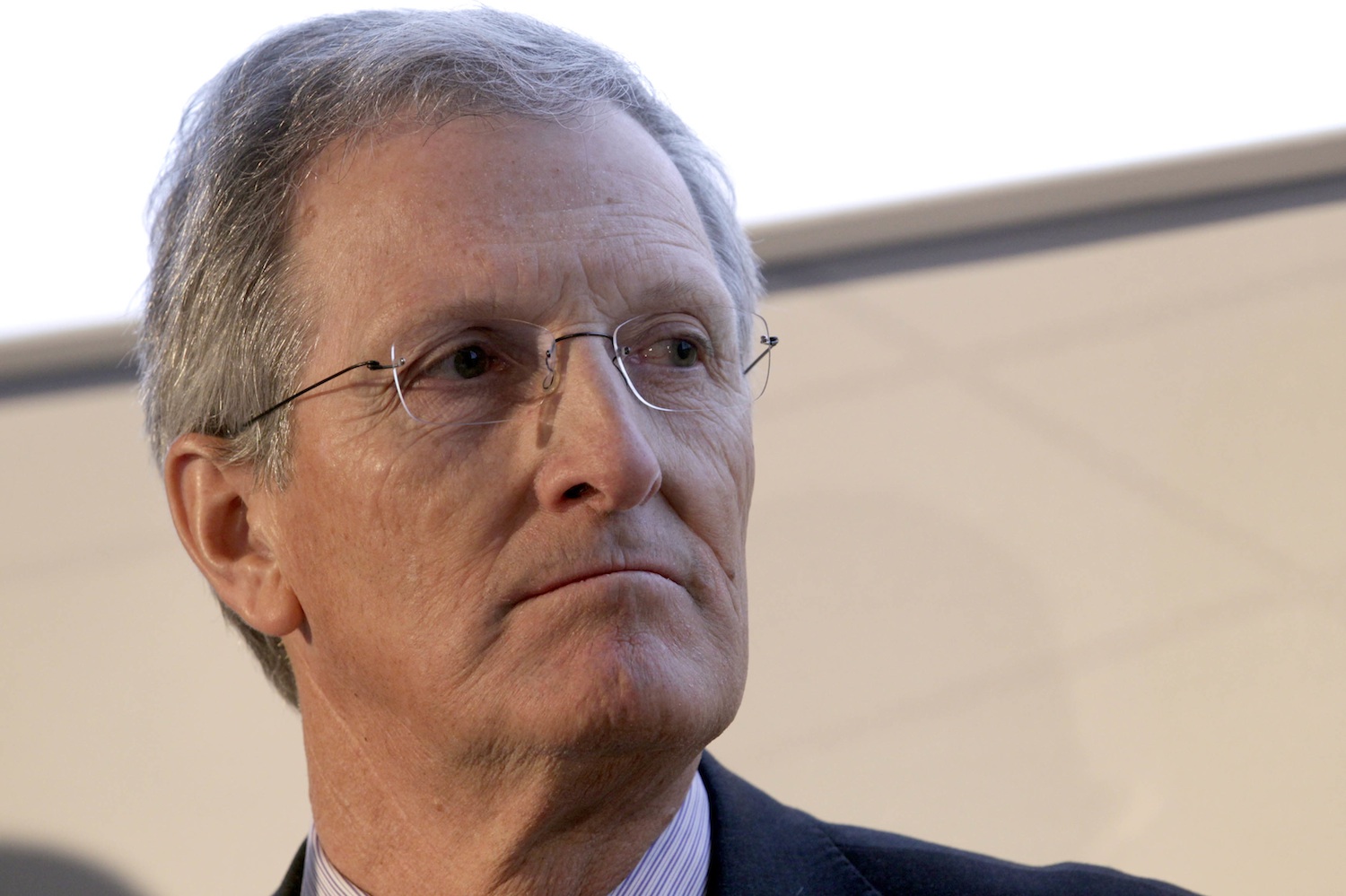
The Chairman of the Largest Private Company in America Just Told the 1 Percent to Worry About Climate Change The Chairman of the Largest Private Company in America Just Told the 1 Percent to Worry About Climate Change
But will Greg Page’s call to arms influence business leaders? Or the Republicans his firm donates to?
Jun 25, 2014 / Robert S. Eshelman

Fighting, Not Drowning Fighting, Not Drowning
The environmental movement needs to be nimble, not centralized.
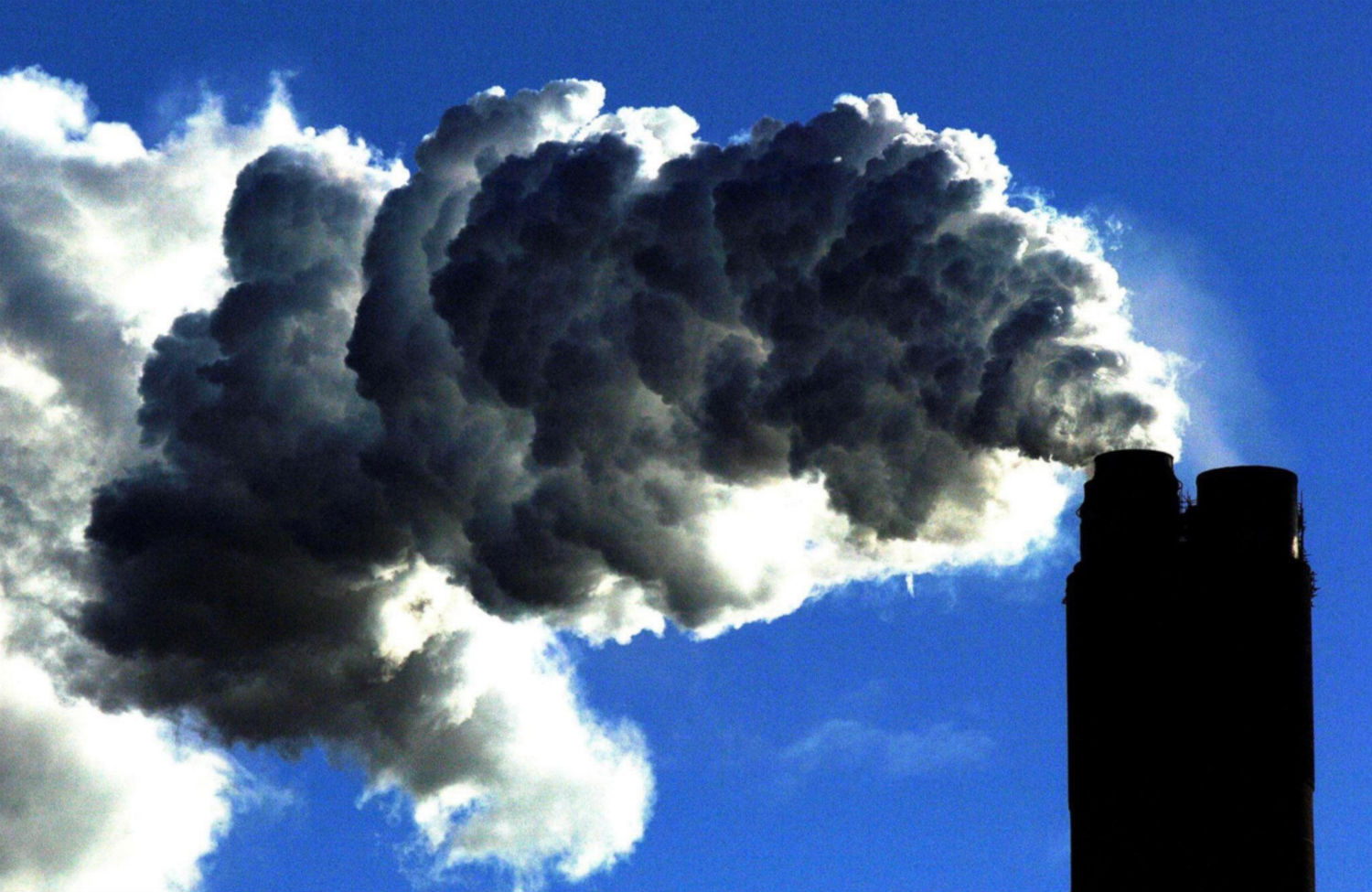
Fossil Fuel Lobbyists Could Choose the Next House Majority Whip Fossil Fuel Lobbyists Could Choose the Next House Majority Whip
Will the fossil-fuel lobby leverage its considerable pull within the House GOP to ensure Scalise becomes House majority whip?
Jun 18, 2014 / Lee Fang
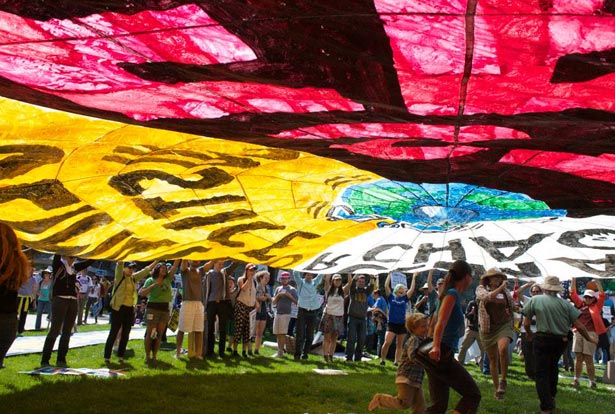
If Jerry Brown Is So Green, Why Is He Allowing Fracking in California? If Jerry Brown Is So Green, Why Is He Allowing Fracking in California?
The California governor wants to be known as a climate leader. But he has said yes to fracking—for now.
Jun 18, 2014 / Feature / Mark Hertsgaard
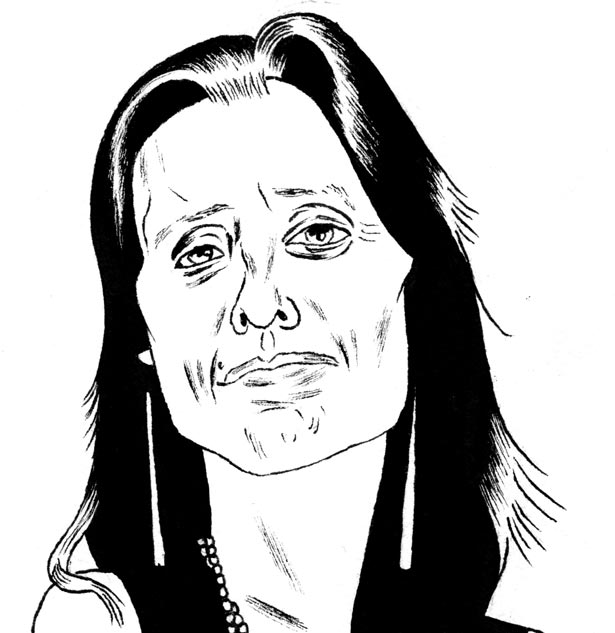
Q&A: Winona LaDuke Q&A: Winona LaDuke
A conversation with the two-time Green Party vice presidential candidate.
Jun 18, 2014 / Laura Flanders
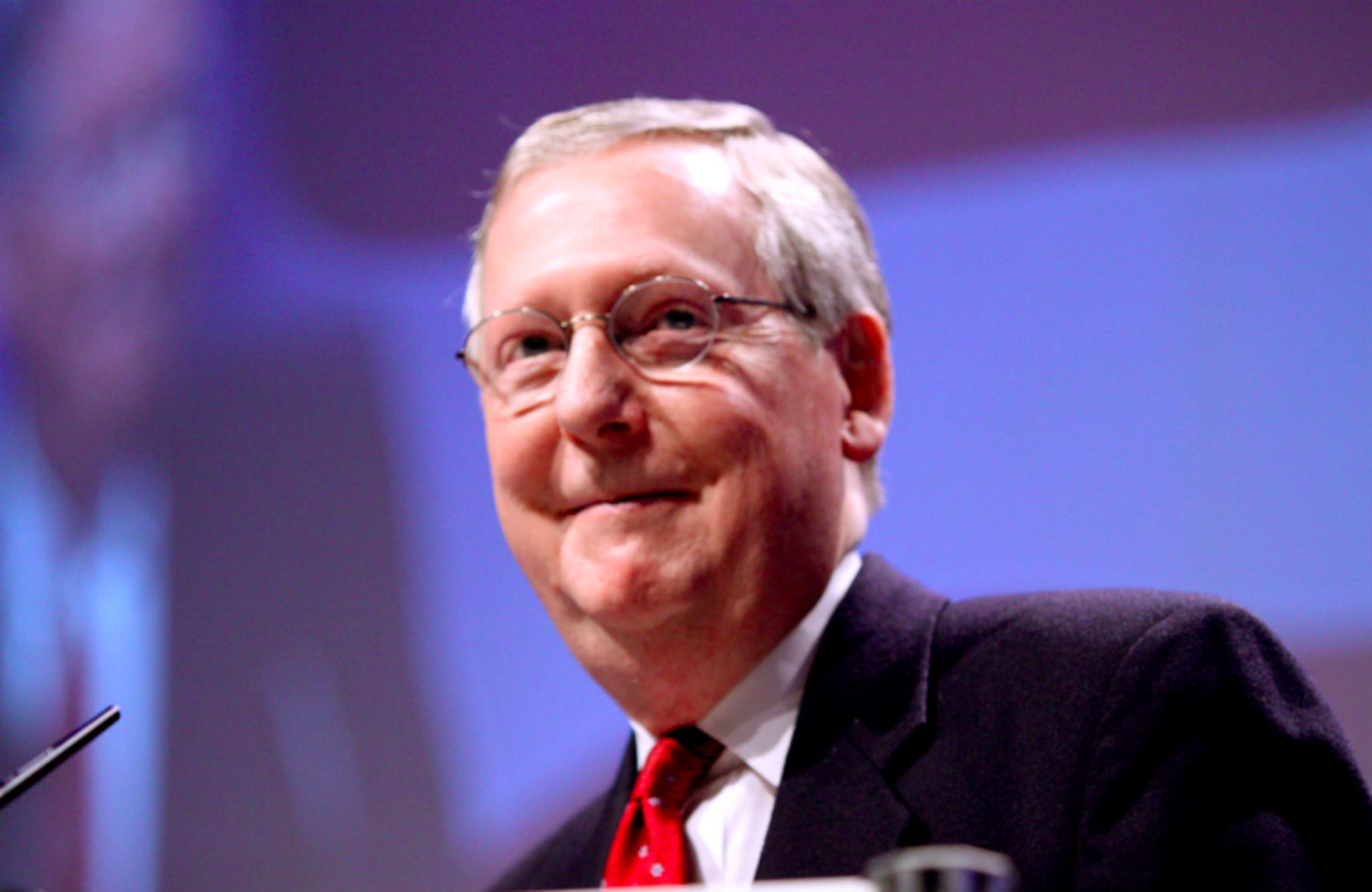
Kentucky’s Senate Race Is Falling Deeper Into the Coal Mine Shaft Kentucky’s Senate Race Is Falling Deeper Into the Coal Mine Shaft
There are some political races in America that are classic examples of a healthy democracy in action. Kentucky’s US Senate race is not one of them.
Jun 16, 2014 / Joe Sonka
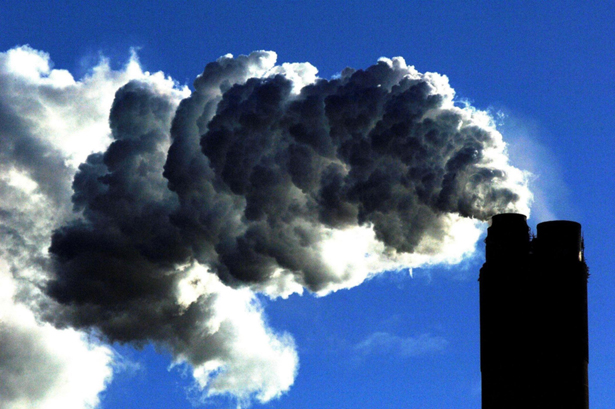
Obama’s Climate Regulations: A Step in the Right Direction, but Nowhere Close to What We Need Obama’s Climate Regulations: A Step in the Right Direction, but Nowhere Close to What We Need
How about a 40 percent cut by 2030 based on 1990 levels?
Jun 4, 2014 / The Editors
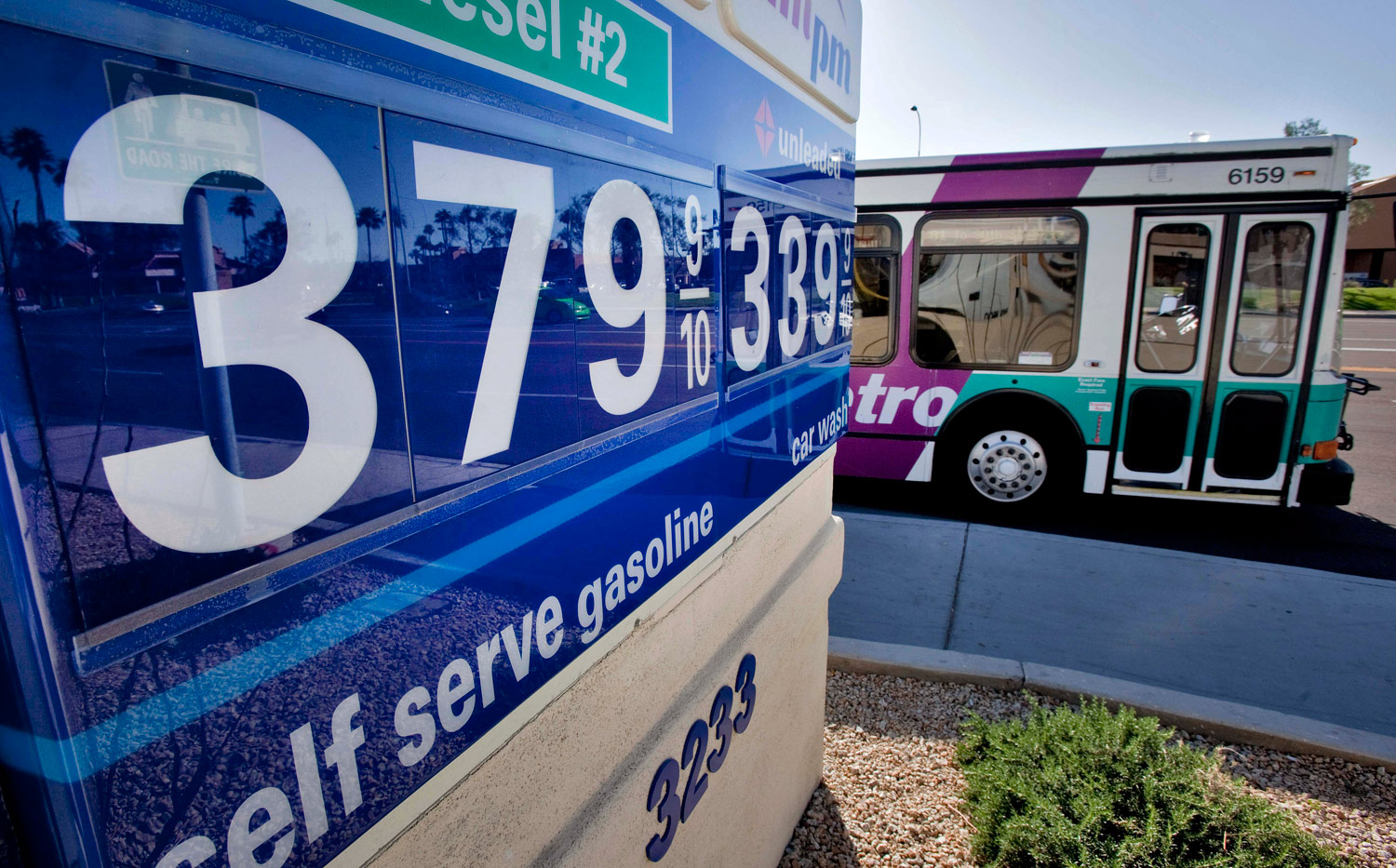
Why Is It Illegal to Export American Oil? Why Is It Illegal to Export American Oil?
Some companies want the ban dropped.
Jun 4, 2014 / Simon Davis-Cohen
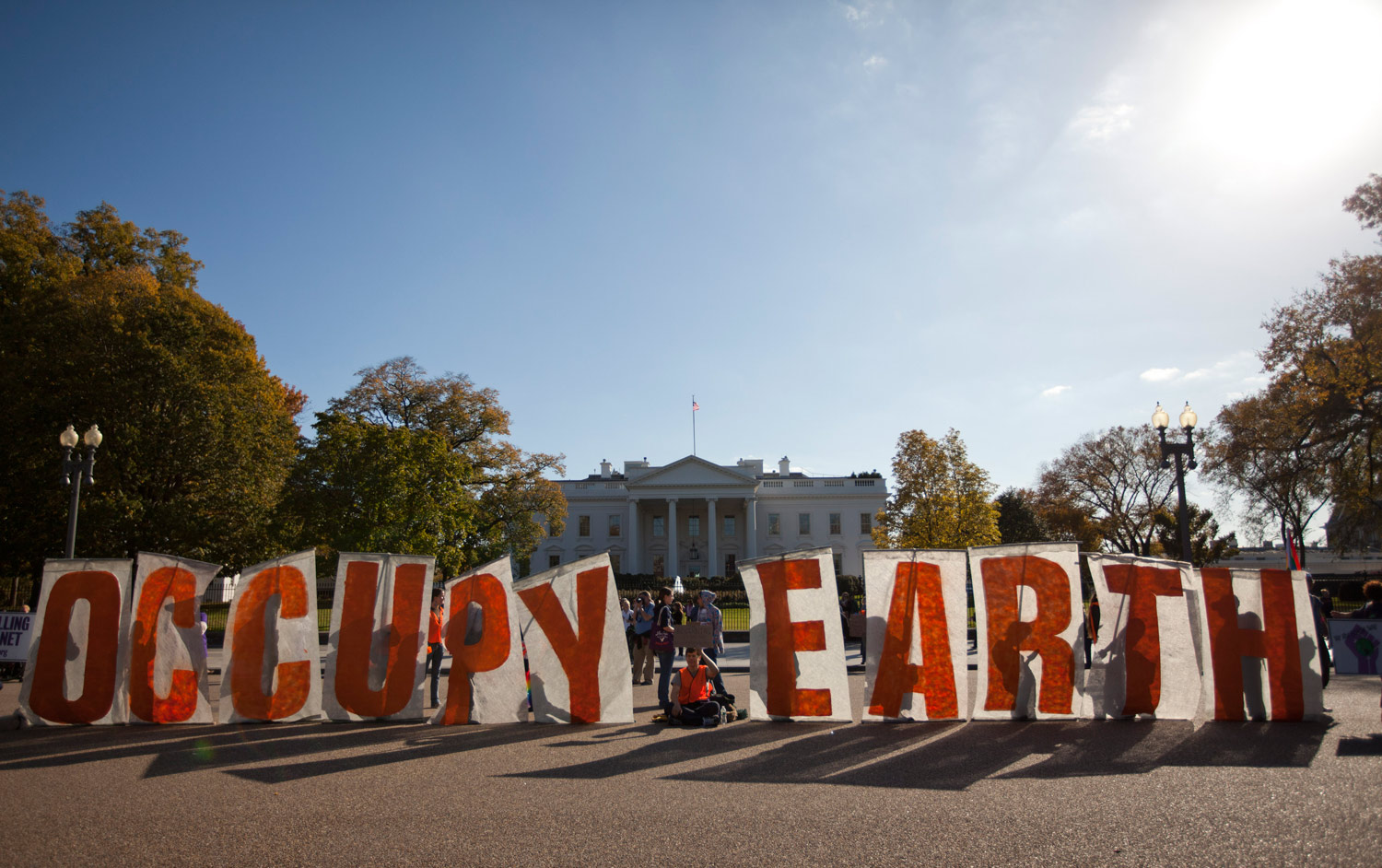
Here’s What Anyone Who Cares About the Planet Needs to Know About the EPA’s New Regulations Here’s What Anyone Who Cares About the Planet Needs to Know About the EPA’s New Regulations
The Obama administration’s new targets to reduce carbon emissions are a step in the right direction, but we need to demand much more.
Jun 4, 2014 / Mark Hertsgaard
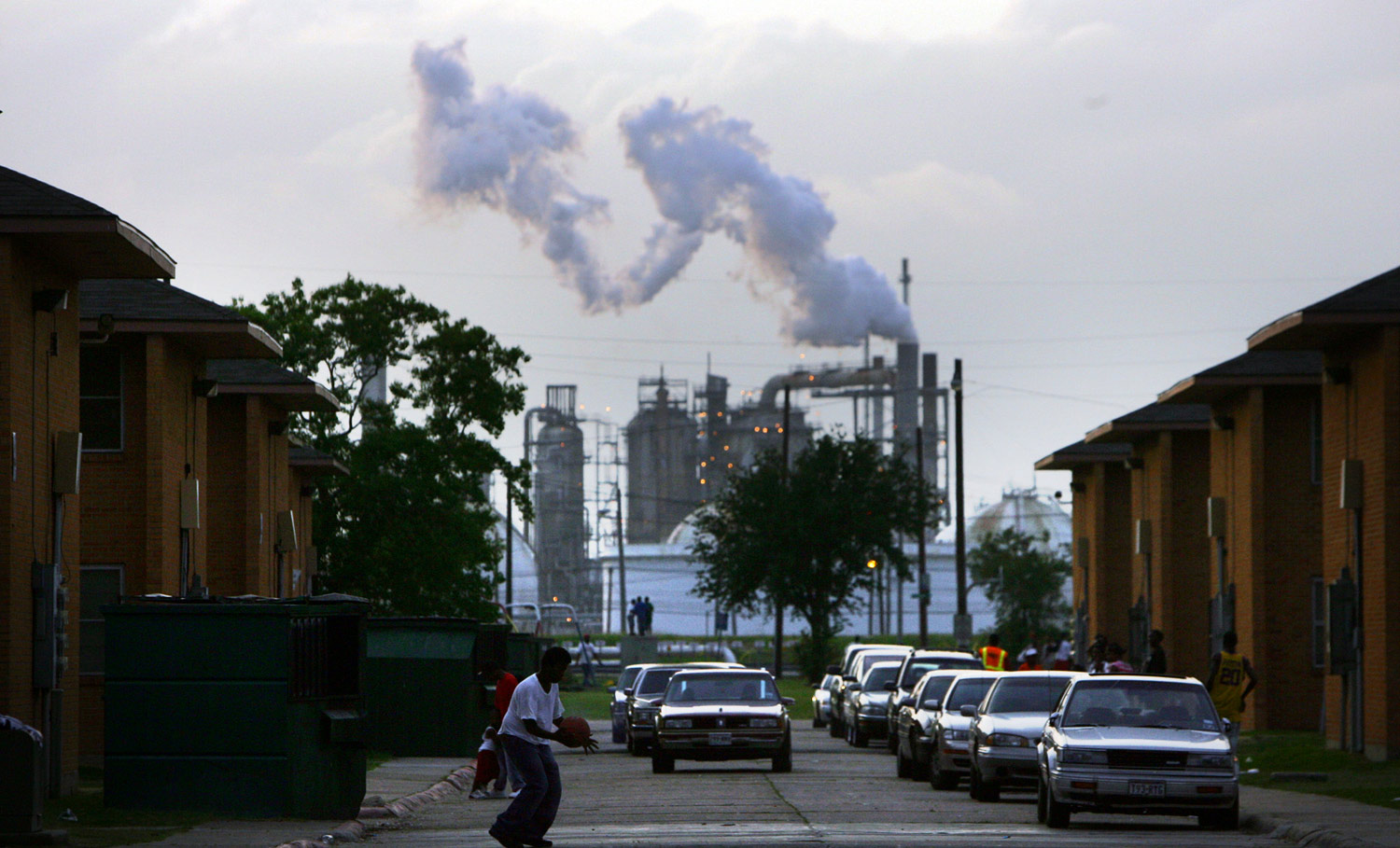
Welcome to West Port Arthur, Texas, Ground Zero in the Fight for Climate Justice Welcome to West Port Arthur, Texas, Ground Zero in the Fight for Climate Justice
If you live in a toxic environment like this, surrounded by refineries, you’re probably not thinking about some future apocalypse. You’re living in one.
Jun 3, 2014 / Feature / Wen Stephenson
